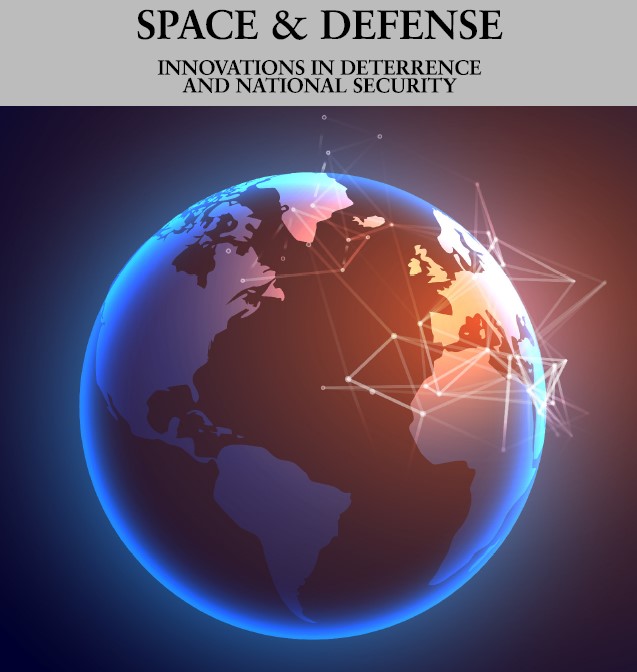Space and Defense

Abstract
The COVID-19 pandemic has disrupted nearly every facet of life across the world. While the United States is the world's social, economic, and political powerhouse, it is no exception to the indiscriminate virus. The U.S. faces economic volatility, social unrest, political polarization, and a devastating loss of American life due to the pandemic. To make matters worse, these crises leave the U.S. vulnerable to opportunist terrorist organizations at home and abroad, who may seek to take advantage of these vulnerabilities, whether perceived or real. While the pandemic appears to be slowing down both in the U.S. and abroad, the vulnerabilities to the economy and social and political arenas can persist long after the last positive COVID test. History shows that pandemics are not merely a one-time occurrence, meaning there will almost surely be another in the future. When this occurs, vulnerabilities will again present themselves and open doors for opportunist terrorist organizations to attack. Thus, it is imperative to explore new terrorist deterrence strategies, particularly strategies catered towards global pandemics and the chaos they invite. To explore the question of "Can we deter terrorists from exploiting the pandemic?" this paper first asks, "Do vulnerabilities in an established regime brought on by pandemics invite circumstances of opportunity for terrorist organizations? If so, how can a power like the U.S. deter terrorists from taking advantage of these vulnerabilities?
DOI
10.32873/uno.dc.sd.12.02.1076
Recommended Citation
Van Robays, Grant
(2021)
"Deterring Terroists Organizations in Times of a Global Pandemic: An arguement for an indirect approach to deterring terrorism,"
Space and Defense: Vol. 12:
No.
3, Article 9.
DOI: 10.32873/uno.dc.sd.12.02.1076
Available at:
https://digitalcommons.unomaha.edu/spaceanddefense/vol12/iss3/9
Files over 3MB may be slow to open. For best results, right-click and select "save as..."
Included in
Asian Studies Commons, Aviation and Space Education Commons, Defense and Security Studies Commons, Eastern European Studies Commons, International Relations Commons, Leadership Studies Commons, Near and Middle Eastern Studies Commons, Nuclear Engineering Commons, Science and Technology Studies Commons, Space Vehicles Commons
